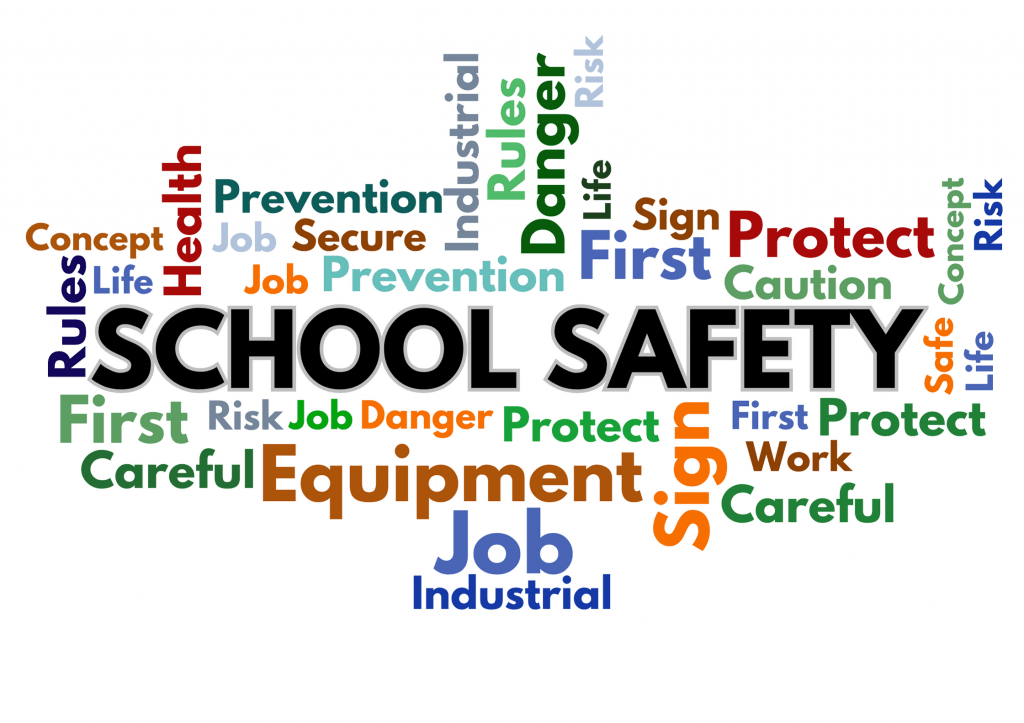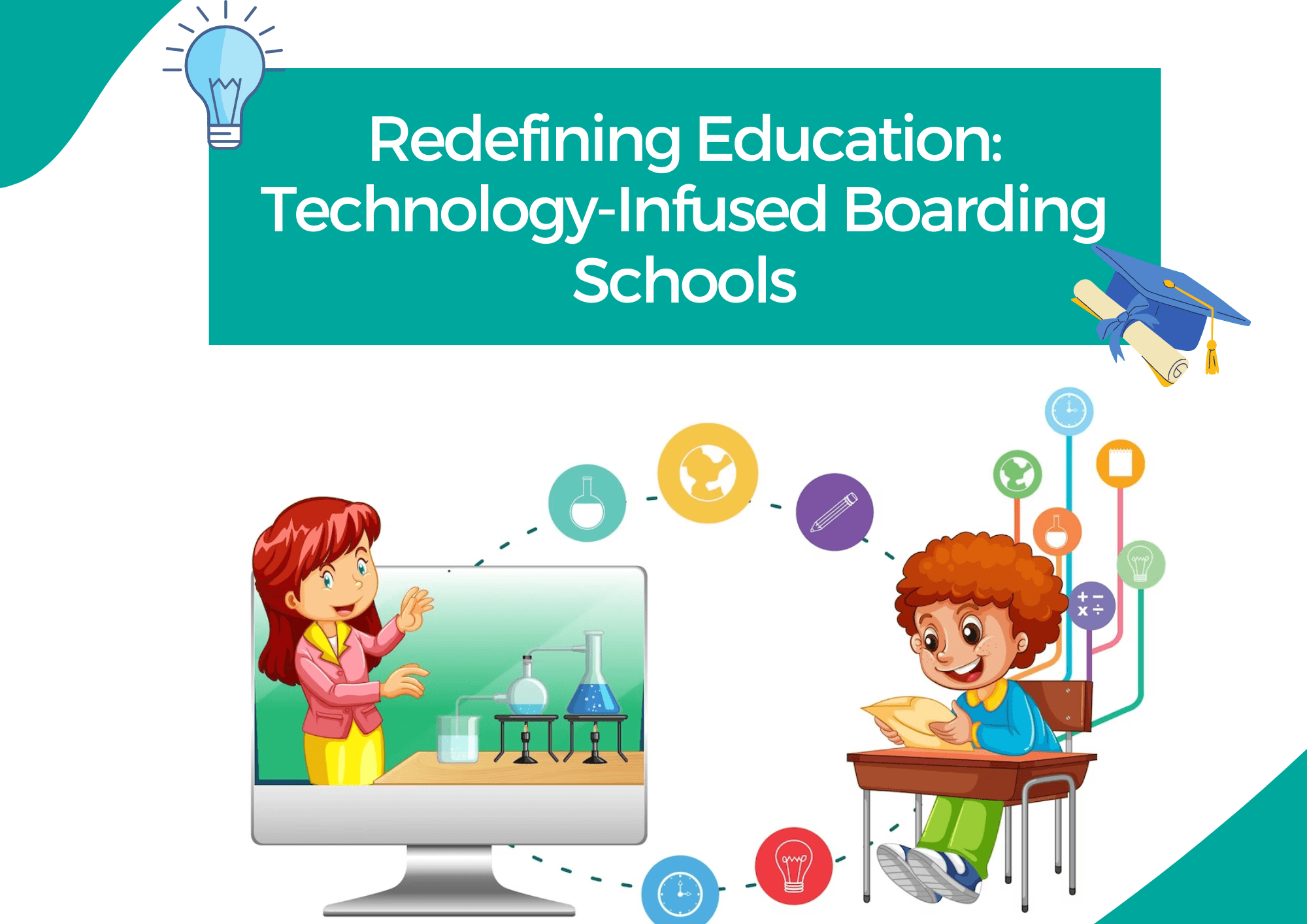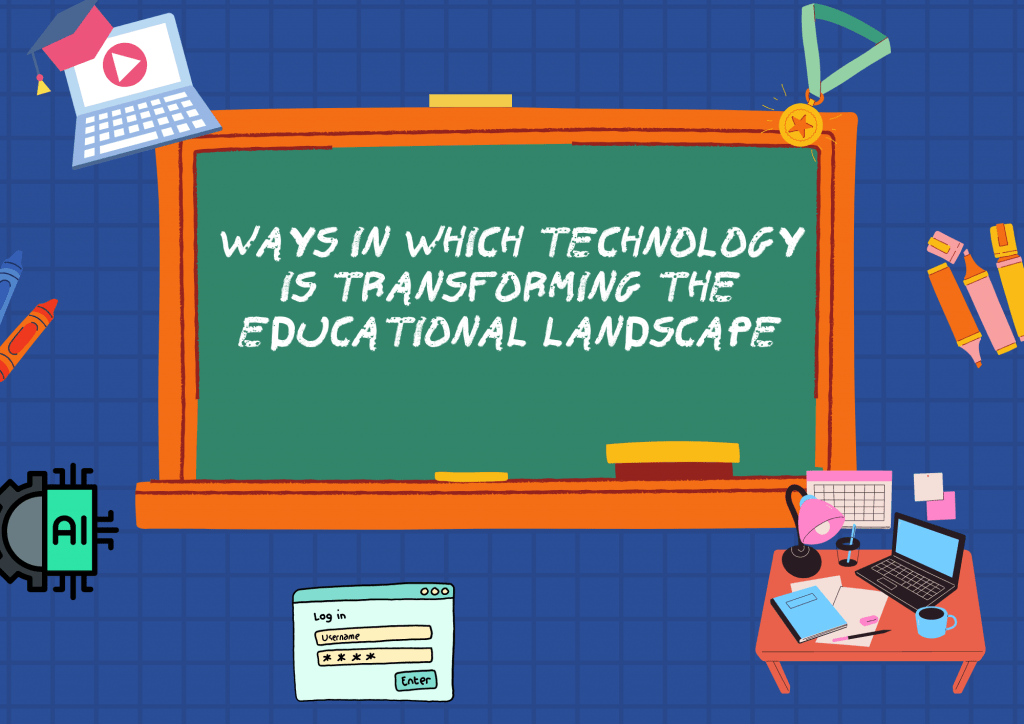Boarding schools have long been renowned for providing a holistic and immersive educational experience. In the digital age, technology has emerged as a powerful tool that further enhances the quality of education and the overall student experience in boarding schools. From facilitating communication and enabling personalized learning to enhance safety and security and promoting efficiency, technology is revolutionizing the way boarding schools operate. In this article, we will explore how technologies are making boarding schools even better.
Ways in which technology is transforming the educational landscape:-
Communication and Connectivity:

Effective communication is the foundation of a successful boarding school experience. Technology has significantly improved student-teacher communication through digital platforms, enabling seamless interaction and collaboration. With the help of messaging apps and online learning management systems, students can easily reach out to their teachers for clarification and support.
Additionally, technology has enhanced parent-school communication as online portals and apps provide real-time updates on academic progress, attendance records, and school events. Virtual meetings and video conferencing tools have also facilitated remote collaboration, enabling students and teachers to connect regardless of geographical barriers.
Personalized Learning:

One of the key advantages of technology in boarding schools is its ability to support personalized learning. Adaptive learning platforms and intelligent tutoring systems use algorithms to tailor educational content to individual student’s needs, ensuring that each student receives targeted instruction.
Digital resources and online libraries offer students a wealth of information and materials to explore at their own pace. Data-driven insights help identify students’ strengths and weaknesses, enabling teachers to provide personalized academic support and interventions. This personalized approach to learning enhances student engagement and maximizes their academic growth.
Virtual Learning and Global Connections:

Technology has opened doors to virtual learning and global connections in boarding schools. Online courses and virtual classrooms provide opportunities for students to access a broader range of subjects and expertise, transcending the limitations of physical classrooms.
Boarding schools can collaborate with international schools through video conferencing, enabling cross-cultural exchanges and fostering global perspectives. These virtual connections allow students to develop a deeper understanding of diverse cultures, ideas, and experiences, preparing them to thrive in an increasingly interconnected world.
Safety and Security:

The safety and security of students are paramount in boarding schools, and technology plays a crucial role in ensuring a secure environment. Advanced surveillance systems and access control mechanisms enhance campus security, monitoring activities and deterring potential threats.
Emergency alert systems and notifications enable swift responses to critical situations, ensuring the safety of students and staff. GPS tracking and monitoring systems provide an additional layer of security during outings and off-campus activities. By leveraging technology, boarding schools create a safe and protected environment for students to learn and grow.
Efficient Administrative Processes:

Technology has streamlined administrative processes in boarding schools, improving efficiency and reducing manual workload. Online registration, admissions, and fee payment systems simplify the enrollment process for both students and parents, eliminating the need for extensive paperwork.
Automated attendance tracking and reporting systems save time and resources, allowing teachers to focus more on instruction. Digital record-keeping and management systems ensure that student data and administrative documents are easily accessible and organized. These technological advancements optimize administrative operations, enabling staff to dedicate more time to student support and educational activities.
Health and Wellness:

Technology also contributes to the health and wellness of students in boarding schools. Health monitoring apps and wearable devices track fitness metrics, encouraging students to maintain an active lifestyle. Online counseling services and mental health support platforms provide accessible resources for students to seek guidance and support.
Remote health consultations and telemedicine facilities bridge the gap between students and healthcare professionals, ensuring prompt medical assistance when needed. By leveraging technology, boarding schools prioritize the overall well-being of students, fostering a conducive environment for their physical and mental health.
Co-curricular Engagement:

Co-curricular activities play a vital role in the holistic development of students, and technology enhances their engagement in these activities. Virtual platforms for clubs, societies, and extracurricular activities enable students to collaborate, share ideas, and participate in discussions outside the traditional classroom setting.
E-learning modules and gamified learning experiences make co-curricular activities interactive and enjoyable, fostering creativity and critical thinking. Digital portfolios and platforms provide avenues for students to showcase their achievements and talents, encouraging self-expression and building a sense of accomplishment.
Technological Infrastructure:

To leverage the benefits of technology, boarding schools must invest in robust technological infrastructure. High-speed internet connectivity and campus-wide Wi-Fi access ensure that students and teachers can access digital resources seamlessly. Well-equipped computer labs and technology-driven classrooms create an environment conducive to technological learning.
The integration of emerging technologies like augmented reality and virtual reality further enhances the learning experience, allowing students to explore subjects in immersive and interactive ways. By embracing a robust technological infrastructure, boarding schools create a future-ready environment for students to thrive.
Skills for the Future:

In today’s rapidly evolving world, acquiring digital literacy and technological competency is essential. Boarding schools that integrate technology into their curriculum prepare students for the future workforce. Coding and programming courses foster computational thinking and problem-solving skills.
Exposure to emerging technologies and innovation hubs instills an entrepreneurial mindset and prepares students for careers in technology-driven industries. By equipping students with these skills, boarding schools empower them to navigate a digital world and become active contributors to society.
Challenges and Considerations:

While the integration of technology in boarding schools offers numerous benefits, there are challenges and considerations that need to be addressed. Ensuring equitable access to technology for all students is crucial to avoid creating a digital divide. Striking a balance between screen time and face-to-face interactions is essential to maintaining social connections and interpersonal skills.
Addressing cybersecurity and privacy concerns is paramount to safeguarding students’ personal information and online presence. By proactively addressing these challenges, boarding schools can leverage technology while preserving the human touch that makes their educational environment unique.










